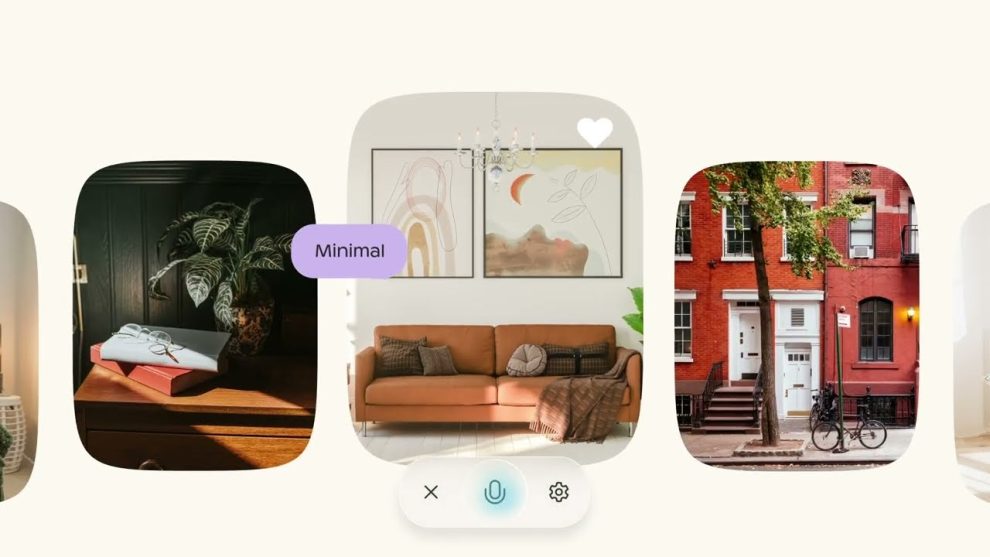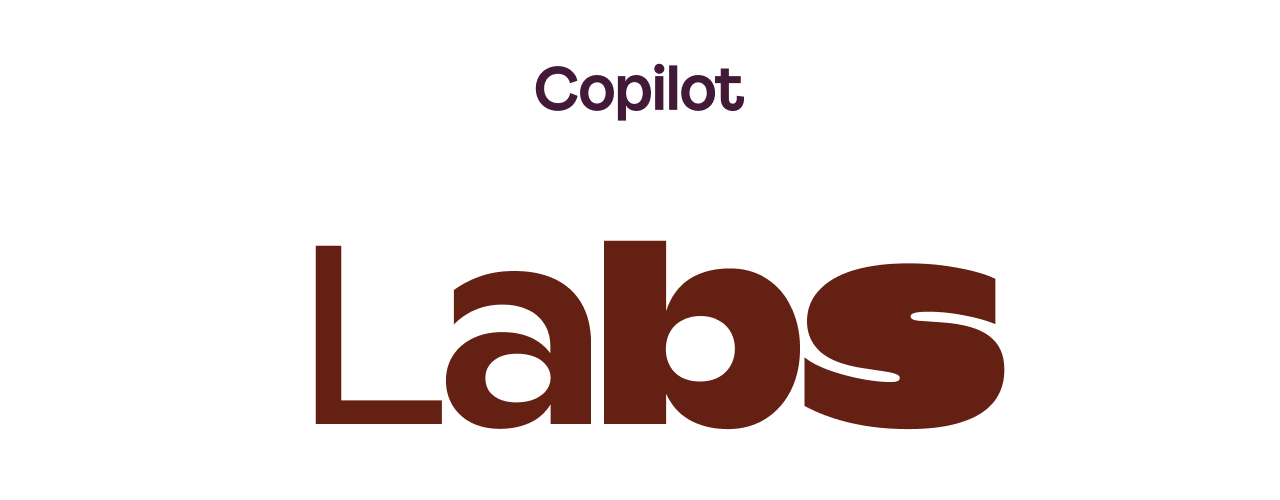October 1, 2024, marks a significant milestone in the world of artificial intelligence as Microsoft unveils two groundbreaking features: Copilot Labs and Copilot Vision. These innovations promise to push the boundaries of AI assistance while maintaining a strong focus on user safety and ethical considerations.
Copilot Labs
Walking through the sleek corridors of Microsoft’s AI research center, I’m greeted by Dr. Sarah Chen, lead developer for Copilot Labs. Copilot Labs is our way of giving users a sneak peek into the future of AI assistance,” she explains, her eyes gleaming with excitement. “It’s a sandbox where we can trial our most advanced tools before releasing them to the wider public.”
The first feature available in Copilot Labs is “Think Deeper,” a powerful reasoning tool that tackles complex problems with unprecedented depth. As Chen demonstrates the feature, I watch in awe as it solves a intricate math problem, breaking down each step with clarity and precision.
“Think Deeper uses our latest reasoning models,” Chen elaborates. “It can help with anything from solving tough math problems to weighing up the costs of managing home projects. The key is that it takes more time to respond, allowing for more detailed, step-by-step answers.”
Currently, Think Deeper is rolling out to a limited number of Copilot Pro users in Australia, Canada, New Zealand, the United Kingdom, and the United States. This cautious approach underscores Microsoft’s commitment to responsible AI development.
Copilot Vision
As we move to another part of the facility, I’m introduced to the true star of the day: Copilot Vision. This revolutionary feature integrates Copilot directly into Microsoft Edge, allowing it to understand and interact with the web pages users are viewing.
Tom Rodriguez, principal engineer for Copilot Vision, explains the concept: “Imagine having an AI assistant that can see what you see on your screen. It can answer questions about the content, suggest next steps, and help with tasks – all through natural language conversation.”
The potential applications are vast, from helping users navigate complex websites to providing instant insights on visual content. However, Microsoft is quick to emphasize the stringent safety measures in place.
User privacy and content creator rights are our top priorities,” Rodriguez assures me. “Copilot Vision is entirely opt-in, and users have full control over when and how they use it. We’re also blocking the service on paywalls and sensitive content, limiting use to a pre-approved list of websites in this initial phase.”
Balancing Innovation and Responsibility
As we tour the testing facilities, it’s clear that Microsoft is walking a tightrope between pushing the boundaries of AI and maintaining ethical standards. Dr. Emily Zhao, Microsoft’s Chief Ethics Officer for AI, joins us to discuss this balancing act.
With great power comes great responsibility,” Zhao says, nodding to the bank of computers running complex AI models. “We’re constantly asking ourselves: How can we harness the full capabilities of AI Copilots while ensuring the safest possible experience for our users?”
This commitment to responsible AI development is evident in every aspect of Copilot Labs and Copilot Vision. From the limited rollout to the strict privacy controls, Microsoft is taking a measured approach to these groundbreaking features.
As our tour comes to an end, I ask about the future of these new features. Chen’s response is measured but optimistic: “We’re at the beginning of an exciting journey. The feedback we receive from this limited release will be crucial in shaping the future of Copilot Labs and Copilot Vision.”
Microsoft plans to carefully monitor user interactions, gather feedback, and iterate on these features before considering a wider release. This approach aligns with the company’s commitment to “pioneer features with a deep sense of responsibility,” as stated in their official announcement.
For now, only a subset of Copilot Pro users in the United States will have access to Copilot Vision. As for Think Deeper, its availability is slightly broader but still limited to Pro users in select countries.
As I prepare to leave the Microsoft campus, the significance of today’s announcement sinks in. Copilot Labs and Copilot Vision represent more than just new features; they’re a glimpse into the future of AI-assisted computing.
By giving Copilot the ability to reason through complex problems and understand visual context, Microsoft is pushing the boundaries of what’s possible with AI assistance. At the same time, their cautious approach and emphasis on user privacy and content creator rights demonstrate a commitment to responsible innovation.
As these features begin their limited rollout, the tech world watches with bated breath. Will Copilot Labs and Copilot Vision live up to their promise? Only time will tell. But one thing is certain: the future of AI assistance is here, and it’s more powerful and thoughtful than ever before.


















Add Comment